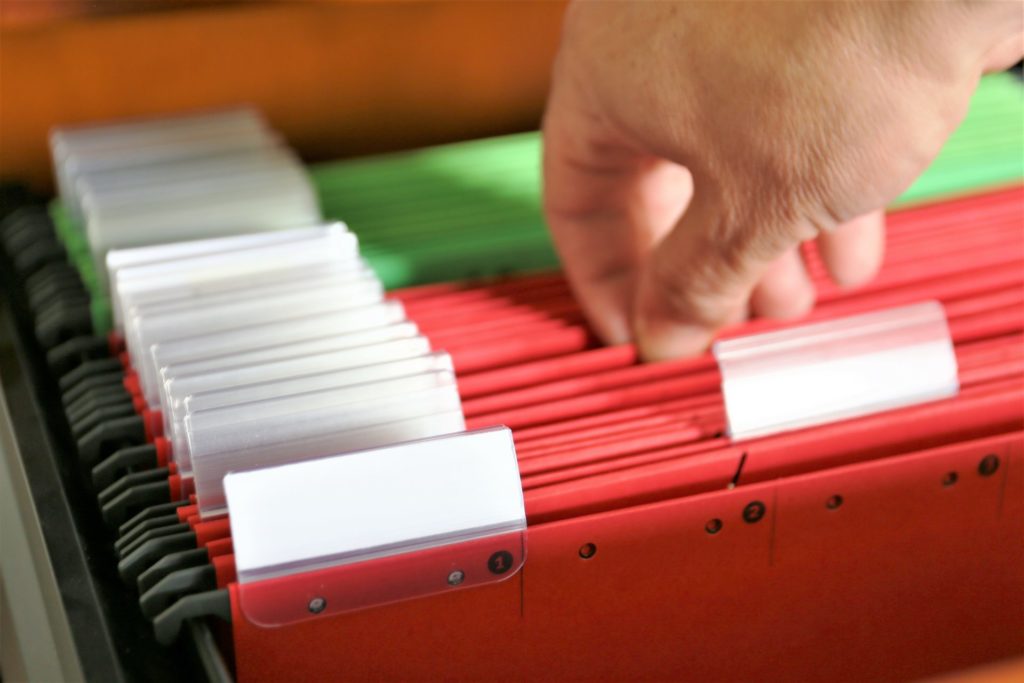Excellent experience start to finish – always very responsive to any queries and the turnaround on the property I was buying was very quick, even in the busy time leading up to stamp duty deadline. Jenny was always very helpful and went above and beyond to close on a short timescale.
Clinical Negligence is a Specialist Area of Personal Injury Law
As a firm – feel very passionately about it. When someone is injured at the hands of a medical professional the outcome can be very significant with lives being changed forever.
Different clients have different motivations when pursuing a claim so it’s vital to look at each case as an individual story and to work with those involved in a sensitive and caring way. Although a pot of money cannot turn the clock back it can – most certainly – help to make life a little more bearable. More often than not, compensation is used for vital assistance and is certainly not a lottery win or a windfall.
In this article, Kate Oldfield, managing partner and head of clinical negligence at Davis Blank Furniss, has collated a simple step by step guide looking at the procedure and award system for a clinical negligence claim.
Step by Step Guide
1) We obtain all notes and records from the medical professionals and hospitals concerned.
2) We then obtain an independent doctors view on the situation. They need to say whether the medical professional failed to act in accordance with the standards of a reasonably competent medical person at the time. You have to bear in mind that sometimes non negligent outcomes can occur that are dreadful, however, these can just be the risk of the operation and/or the procedure.
3) The next step is to look at whether the mistake actually caused any injuries. Again an independent medical expert is asked to provide their opinion. Unfortunately, sometimes you can be left in a position where the treatment was far from good but the adverse outcome would have occurred anyway.
4) If there has been a mistake and we can prove that this led to injuries or suffering that were avoidable then we can claim compensation. This is broken down into two areas:
a) The first area of compensation is the pain and suffering award. This is to compensate for the extra suffering and to try to compensate for the interruption to quality of life.
b) The second area of compensation is for any financial loss. This is to try and put the person in the same financial position they would have been if the incident had not occurred. This is broken down into the following six areas:
Loss of earnings. This can be both past and future. If someone has a long time of work then their family will be suffering. Also, any life changing problems may have an effect on further earning capabilities. Someone who is left with a disability may find it much harder to obtain employment in the future and may have a significant period off work due to ill health.
Care. This covers the care given by friends and family and also professional care. This can be a very large financial loss especially if the person needs care in future. As a person ages the care claim may increase to provide the assistance they need as they become frailer.
Travelling expenses. This covers the cost of hospital visits and appointments.
Aids and equipment. Often people who are badly injured require significant adaptations to their homes. For example adaptations to the bathroom, fitting of a stairlift ramps and rails.
House costs. In more serious cases a home may be totally unsuitable and the cost involved in purchasing a new and more suitable home (ground floor apartment or bungalow) can be claimed.
Physiotherapy or psychotherapy. Physical and mental therapy can often be required on an ongoing basis depending on the nature and severity of the injury.
Undertaking a clinical negligence claim can be an emotional journey so the key is having the right solicitor on board. If you’d like to learn about one of our recent client cases then please visit the Manchester Evening News website to read about how Kate helped Anne Olliver.
Found this article useful? You might be interested in some of our others:


